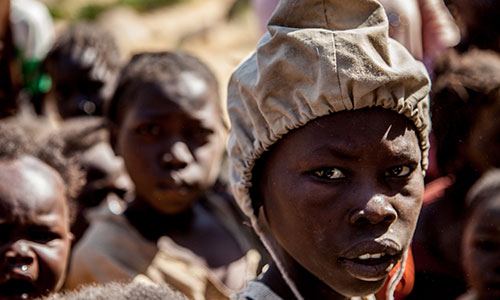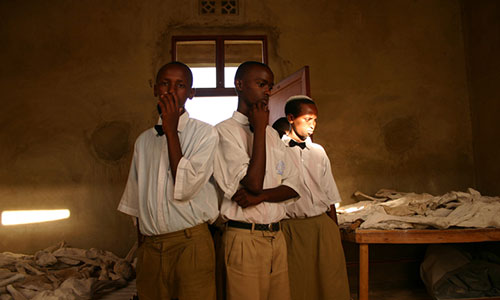Lorem ipsum dolor sit amet, consectetur adipiscing elit. Aenean in efficitur enim. Nullam at blandit quam. Curabitur ac nibh molestie, ultricies quam at, molestie lacus. In non pharetra dolor, tincidunt luctus quam. Nam ut ante id sapien iaculis pretium porttitor id velit. Phasellus et est nibh. Praesent id lacinia nisl, id tristique nulla.Aliquam erat volutpat. Vivamus non quam condimentum, egestas urna non, pharetra libero. Proin suscipit dui eget dapibus convallis. Nam velit orci, accumsan placerat felis ac, accumsan ornare mi. Pellentesque vitae metus condimentum, pretium felis sed, scelerisque nulla. Morbi non elit nec massa rutrum gravida. Nam sed ligula elit. Donec nec mattis nulla, ac sollicitudin dui. Curabitur volutpat leo quam, ac finibus metus ornare in. Morbi quis pretium augue, at luctus nisi. Aliquam fringilla nunc tempus facilisis rhoncus. Praesent sed imperdiet sapien, suscipit lacinia nisl. Mauris aliquet maximus placerat. Proin ultrices commodo massa et faucibus.

Origins
Brothers James and Stephen Smith created the UK Holocaust Centre in 1995, as both tribute and memorial, but events in Bosnia and Rwanda left them troubled: was remembrance enough?
The Kosovo crisis in 1999 was the final catalyst for Aegis. The ethnic cleansing seemed to take the West by surprise. However, while organizing aid for victims of the crisis, the brothers recognized that like events in the Holocaust, a long process preceded the point where people could be systematically expelled or murdered.
Genocide,they concluded, is a public health issue. We prevent epidemics because we know the factors that cause them. And since we can identify factors for genocide, we should be able to prevent that too. So the Aegis Trust for genocide prevention was born.
The Aegis Prevention Model
Aegis treats genocide as a public health issue with three phases:
Primary Prevention
Research, remembrance and learning about the past, creating community resilience against the risk of genocide in the future
Secondary Prevention
Evidence-based campaigns to stop mass atrocities in the present
Tertiary prevention
Supporting survivors and communities to rebuild when genocide is pastuam odio.

